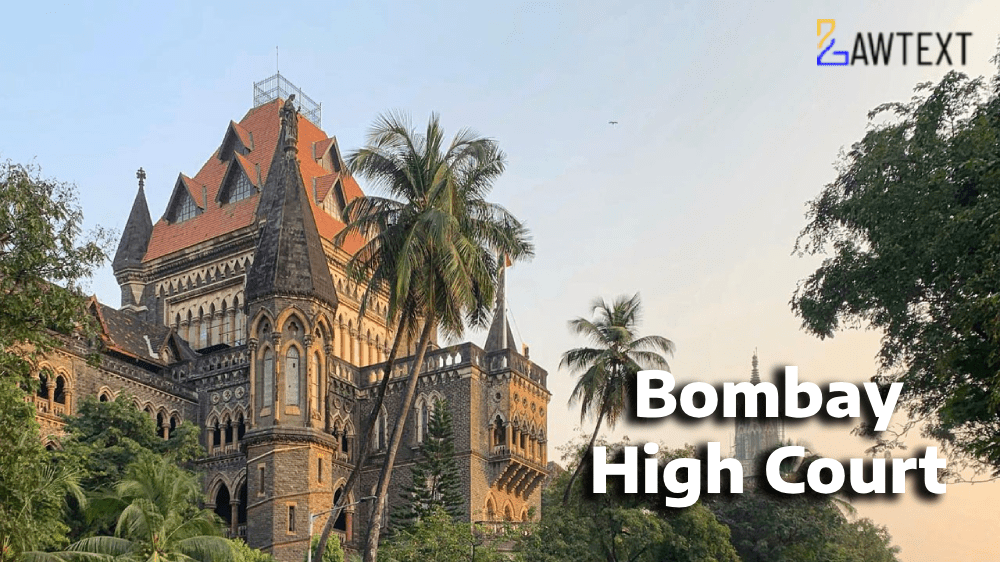

Summary Judgment under Order XIII-A of the CPC: The Court held that a summary judgment can only be granted if the Defendant has no real prospect of defending the claim and there is no compelling reason to require oral evidence. In this case, the Defendant’s defence regarding limitation and the need for oral evidence on due diligence and good faith precluded the grant of a summary judgment. (Para 93-97)
Limitation Act, 1963 – Section 14: The Court emphasized that the burden of proving due diligence and good faith in prior proceedings lies on the Plaintiff, and this requires oral evidence.
Foreshore Co-operative Housing Society Ltd. vs. Praveen Desai to reiterate that the Plaintiff must lead evidence to establish due diligence and good faith. (Para 100-101)
Need for Oral Evidence: The Court held that the question of whether the Plaintiff prosecuted prior proceedings with due diligence and in good faith is a factual issue that requires oral evidence. The Court found this compelling reason to deny the summary judgment under Order XIII-A of the CPC. (Para 104-105)
The High Court of Bombay dismissed the Plaintiff’s Interim Application for a summary judgment. The Court held that the Plaintiff would need to lead oral evidence to prove that the prior proceedings before the NCDRC and Supreme Court were prosecuted with due diligence and in good faith. The Court found that the Defendant’s defence regarding limitation and the need for oral evidence constituted a compelling reason to deny the summary judgment.
Code of Civil Procedure, 1908 (CPC) – Order XIII-A – Summary Judgment
Limitation Act, 1963 – Section 14 – Exclusion of Time for Bona Fide Proceedings
Arbitration and Conciliation Act, 1996 – Section 37 – Appeal Against Arbitral Award
Nature of the Litigation:
The Plaintiff, Shrikant G. Mantri, filed a suit against Punjab National Bank (Defendant) seeking the return of 11,25,000 shares of ITC Limited and accrued dividends, alleging that the shares were pledged as security for an overdraft facility.
The Plaintiff claimed that despite the issuance of a No Dues Certificate in 2005, the Defendant failed to return the shares.
Reason for Filing the Case:
The Plaintiff sought a summary judgment under Order XIII-A of the CPC, arguing that the Defendant had no real prospect of defending the claim and that the suit was within the limitation period due to the exclusion of time spent in prior proceedings.
What Has Already Been Decided Until Now:
The Plaintiff had previously filed proceedings before the National Consumer Disputes Redressal Commission (NCDRC) and the Supreme Court, both of which dismissed the claims on jurisdictional grounds but granted liberty to approach the appropriate forum.
The Defendant argued that the suit was barred by limitation and that the Plaintiff had not prosecuted prior proceedings with due diligence.
Whether the Plaintiff is entitled to a summary judgment under Order XIII-A of the CPC?
Whether the suit is barred by limitation under the Limitation Act, 1963?
Whether the Plaintiff prosecuted prior proceedings before the NCDRC and Supreme Court with due diligence and in good faith?
Plaintiff’s Arguments:
The Plaintiff argued that the Defendant had no real prospect of defending the claim, as the shares were pledged only for the overdraft facility, and the Defendant had issued a No Dues Certificate.
The Plaintiff relied on Section 14 of the Limitation Act, 1963, to exclude the time spent in prior proceedings before the NCDRC and Supreme Court, claiming that the proceedings were pursued with due diligence and in good faith.
The Plaintiff cited judgments such as M.P. Steel Corporation vs. Commissioner of Central Excise to support the argument that no oral evidence was required to prove due diligence.
Defendant’s Arguments:
The Defendant contended that the suit was barred by limitation, as the Plaintiff had not prosecuted the prior proceedings with due diligence.
The Defendant argued that the Plaintiff was aware of the jurisdictional issues but continued to pursue the case before the NCDRC despite objections.
The Defendant also claimed that the shares were pledged for all dues, not just the overdraft facility, and that this issue required oral evidence for adjudication.
Summary Judgment – Order XIII-A CPC
Limitation Act – Section 14
Due Diligence – Good Faith
Oral Evidence – Factual Issue
No Dues Certificate – Share Pledge
Citation: 2025 LawText (BOM) (3) 102
Case Number: INTERIM APPLICATION NO.1915 OF 2023 IN COMM. SUIT NO.132 OF 2022
Date of Decision: 2025-03-10
Case Title: Shrikant G. Mantri Versus Punjab National Bank
Before Judge: FIRDOSH P. POONIWALLA,J.
Advocate(s): Mr. Gaurav Joshi, Sr. Advocate with Ms. Neeta Jain, Mr. Sunil Gangan, Mr. Shrikant Seegarla and Ms. Swapnil Shikhare i/b. RMG Law Associates, for the Applicant/Plaintiff. Mr. Simil Purohit, Sr. Advocate with Mr. Atul Desai (Partner), Mr. Pranav Monani and Mr. Vishal Pattabiraman i/b. Kanga & Co., for the Defendant.
Appellant: Shrikant G. Mantri
Respondent: Punjab National Bank